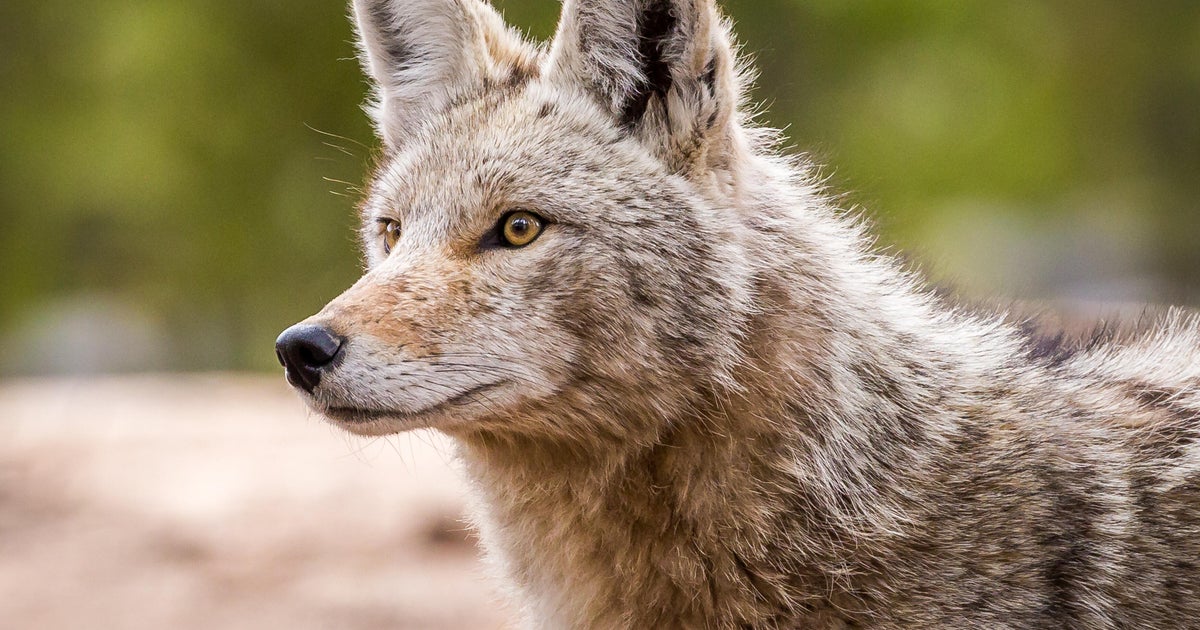Pitt Researchers Exploring Possibility Of Colon Cancer Vaccine
PITTSBURGH (KDKA) -- Could a vaccine someday prevent cancer? Researchers at the University of Pittsburgh are exploring this possibility for colon cancer.
The disease usually starts with polyps. These are benign but abnormal growths in the large intestines. Some do become cancerous. But they can be removed during a scope before cancer fully sets in.
"The best knowledge so far about this progression from normal to premalignant to colon cancer, to cancer, is in the colon cancer field," said Olivera Finn, Ph.D., of Pitt's Department of Immunology.
To prevent this progression in the first place, the researchers are testing whether the immune system might attack the cancer if stimulated with a vaccine. In this case, against a protein produced by the cancer cells.
"The cancer has hijacked it to promote its own growth," said Finn.
Thirty-nine people, ages 40 to 70, got the experimental vaccine. They were at risk because of these cancerous growths. Seventeen responded with a strong antibody response; 22 did not.
Turns out the non-responders had cells that blunted the immune response to the vaccine, so-called "immunosuppressive cells." This has implications for who might benefit most.
"We could screen people and only vaccinate those who have none of those immunosuppressive cells; we would have 100 percent responders, and the others patients we would send to some other preventive strategies that do not depend on the immune system," Finn said.
This is a preliminary trial, showing a consistent and lasting response occurs, and that the vaccine is safe. Larger studies will be needed to show it prevents cancer and death.
Cancers, such as breast, prostate, lung and pancreatic, these all come from a similar type of cell. Other researchers are working on a vaccine approach in these areas as well.
RELATED LINKS:
More Health News







